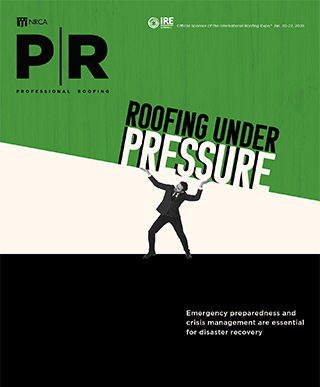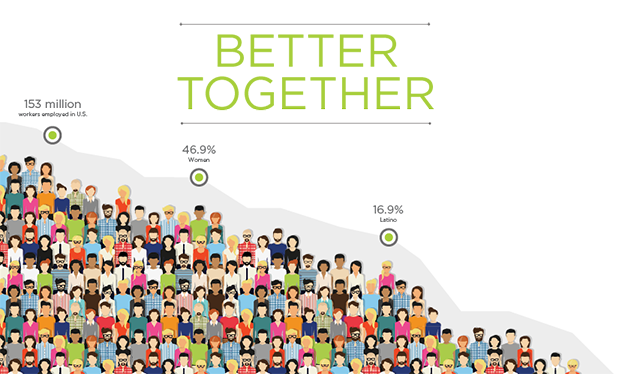We are all aware of how distracting smartphones, wearable technology and computers can be in our personal and professional lives. Rarely does a conversation take place without at least one party being pinged and glancing down at his or her device.
But there are other, more subtle distractions in a workplace that can cause a drop in productivity if not addressed.
For instance, www.smallbiztrends.com reports a recent Staples Workplace Survey revealed 38 percent of those working in an open office say the layout causes distractions. And the website www.hackernoon.com says it can take up to 25 minutes for high-performing employees to recover focus after a single distraction. If you are committed to an open office plan, one way around this is to offer quiet zones where employees can go when they need silence to focus on their work.
An obvious—but often ignored—distractor is meetings. Meetings take employees away from the tasks at hand. Try to limit meetings to one day per week or make them longer and less frequent.
Another surefire way to distract employees from work is poor planning—whether by a poorly organized office or job site. For example, don't put a staff person whose job requires focus in a high-traffic area prone to frequent interruptions. And consider where tools, materials, water and other resources are placed on job sites. They should be easily accessible so workers are not walking around more than necessary.
Additionally, poorly maintained equipment is a productivity killer. Copiers, computers, machinery, vehicles and other equipment all need to be in top working order to keep your business running smoothly. No one likes to upgrade computer equipment, but a copier that constantly is jamming will waste more time (and paper) than it might be worth.
Don't forget humans also are a source of distraction. Be mindful of rifts among employees, interoffice romances and employees dealing with personal problems. All these personnel issues can cause productivity to drop, and a savvy employer would be well-served to address employee issues upfront before they become distractors.
Talk to your employees about common distractors they may be facing—together, you can work to resolve them and make your workplace more productive.



